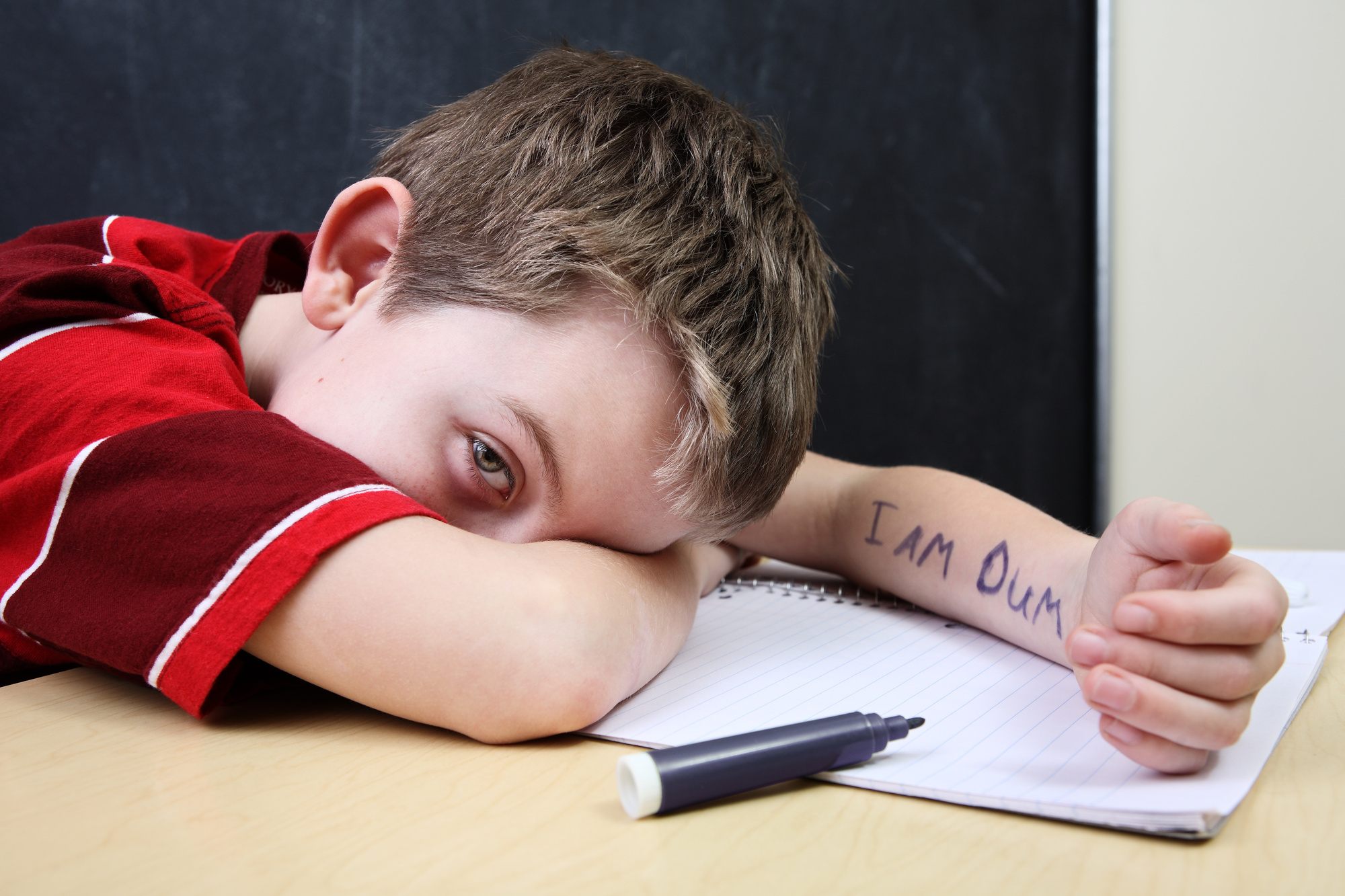How to Help a Child With Low Self-Esteem: 6 Simple Tips
Do you hear your child saying negative things about themselves? Whether they’re crying about their intelligence, abilities, or appearances, it’s heartbreaking to see you child so upset.
We often think of low self-esteem as something that doesn’t start until the pre-teen years. However, it can happen much younger than that.
You may begin to feel helpless as you child battles their own feelings. But learning how to help a child with low self-esteem is possible.
Do you want to know more? Keep reading to discover six ways to help a child with low self-esteem.
1. Spend Some One-on-One Time with Them
Even the most confident people are bound to experience periods of low self-esteem throughout their life. Think about the last time you felt down about yourself. Did you want to vent to your best friend or spend some alone time with your partner?
A strong support system plays a huge role in helping children with low self-esteem. Spending some one-on-one time with your child is a great way to show them you’re always there to talk. It’ll strengthen your bond and give them a chance to tell you what’s wrong.
Once they learn to open up and express how they feel, it’ll be easier for you to help them overcome these emotions that are leading to low self-esteem. There are tons of great one-on-one ideas, so try to schedule regular sessions to help them.
2. Ask Questions
Have you ever felt so overwhelmed that you couldn’t figure out how to express your feelings? You head may have felt so jumbled that you couldn’t effectively organize your thoughts.
Imagine how hard this task would be for a child. When your child comes to you with low self-esteem, be sure to ask them questions about how they feel. Not only will it show that you care, but it will help them organize their thoughts and become better at communicating complex emotions.
Even if you think you know why they are upset, it’s important to let them reach that conclusion on their own. Allowing them to explore their feelings is a good way to build self-esteem in children. After all, how can you solve a problem if you don’t know what exactly the problem is?
3. Don’t Punish Them
Let’s say your child is crying and saying they’re stupid because they failed a test at school. You remember telling them to study for days leading up to the test, but you caught them playing games in their room instead. You may be tempted to punish them for not studying or say, “If you would have studied like I said, you would’ve done better!”
However, saying “I told you so” or punishing kids with low self-esteem won’t help anything. Instead, help them problem solve. Bring up a positive example from their past, such as saying, “remember that math test last week? You studied for 30 minutes every night and did that extra credit worksheet to prepare, and you aced it!”
Reminding them of that will help boost their confidence and reinforce positive behaviors. This paired with helping them problem solve will show that they aren’t stupid – they just made a mistake, and everyone makes mistakes sometimes.
4. Be Empathic
When you hear your child speaking poorly of themselves, your first instinct is probably to gush and rave about how amazing they are. Although compliments are a good way to build self-esteem in children, you shouldn’t rely on them to help your child feel better.
Instead, you should focus on using empathy. Expressing that you understand how they’re feeling and sharing a similar story from your past will help them connect with you and feel as though they aren’t alone.
5. Avoid Comparing Kids
Have you ever caught yourself saying things like “why can’t you keep your room clean like your sister?” It may seem like a small way to convince your child to clean their room but over time it can contribute to low self-esteem in children.
You probably won’t remember every time you say something like this, but your children will. They’ll begin to feel as though they aren’t as good as their siblings and may believe that their sibling is the “favorite” child.
Instead, you should be sure to compliment each child on their specific strengths. Not only will this help boost their self-esteem, but it’ll help them shape their own identity too.
6. Give Them Control
Does your child seem unsure of themselves every time they have to make a decision? It may be because they don’t have enough opportunities to do this in their daily life.
If you do everything for your child, they may become less confident in their abilities. Thoughts like, “I can’t do this – you do it for me” may become more common as they get older, which can lead to kids with low self-esteem.
Instead, let your child pick out their outfit for the day and let them tie their own shoes without being rushed. With time, they’ll learn to be confident in their decisions and abilities, and it will boost their self-esteem.
How to Help a Child with Low Self-Esteem
If you have a child with low self-esteem you may not know what to do. But, learning how to help a child with low self-esteem is easier than you think. Just follow our tips to help build self-esteem in children, so your kids are happier and more confident than ever.
Did you find this article helpful? Please visit our blog for more self-esteem posts like this.




Leave a Reply
Want to join the discussion?Feel free to contribute!